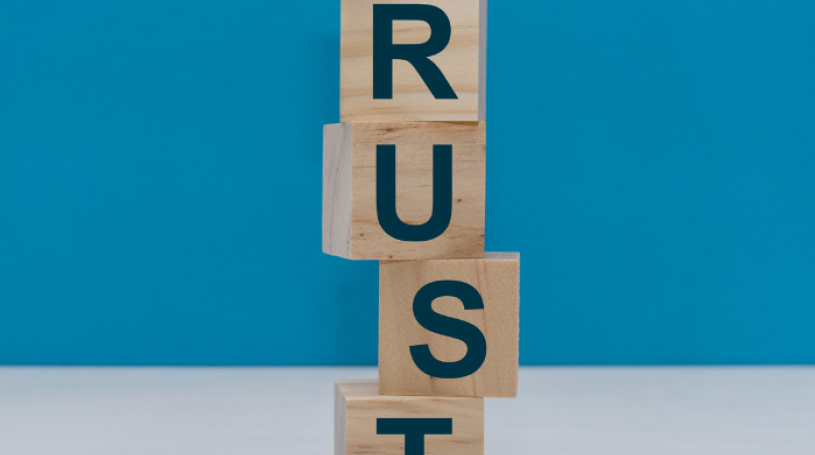Reframing compliance as a tool to protect a company’s most valuable asset
In the complex landscape of modern business, where legal frameworks and ethical considerations are interconnected and increasingly important, the role of compliance is integral in sustaining the integrity – and reputation – of organisations.
Compliance professionals, as custodians of legal adherence and ethical behaviour, have a profound impact on how a company is perceived by its stakeholders and the wider public. In a landscape where trust is fragile and transparency is paramount, an unwavering commitment to both compliance and reputation management is not only a strategic imperative but also a moral obligation.
Company reputation has the power to shape public perceptions, support strong stakeholder relationships, and ultimately impacts a company’s ability to sustainably grow over the long term. No matter the industry, product, customer or size, a company's brand as the physical manifestation of that reputation, is increasingly its single most important and valuable asset.
Companies are generally aware of the penalties that may apply when they don’t comply with legal or regulatory requirements – in the form of fines, sanctions, or legal action. But few companies consider the impact on their most valuable intangible asset – the brand.
One of the reasons may be that companies don’t typically monetise the value of their reputation. According to Brand Finance, the world’s leading brand valuation consultancy, the global top 500 most valuable brands are worth a cumulative USD8trillion in 2023. In addition to fines or other penalties, that’s USD8trillion at risk when companies don’t comply with legal, regulatory or ethical standards expected of modern organisations today.
Let’s demonstrate this by way of two well-known case studies.
Wells Fargo, a leading US financial services company, was embroiled in a scandal in late 2016, when it became known that employees had fraudulently created an estimated 3,5 million fake accounts to meet sales targets. According to Brand Finance research, the bank incurred an estimated USD3,5billion in direct costs related to this – including fines, legal action, customer and shareholder compensation.
Beyond this direct impact, Wells Fargo has gone from being one of the most trusted brands with a very strong reputation, to having the lowest reputation score of all the big American banks. And the impact on Brand Value has been even more than the hard costs – dropping from USD44billion in 2016 down to USD32billion by 2023. That’s a loss of USD12billion in intangible brand value which is more than three times the direct cost of the failure to comply with legal, regulatory and ethical standards - with a lasting and insurmountable impact on the company’s performance.
In 2018, automobile manufacturer Nissan faced significant reputation damage as a result of misconduct at Board level when Chairman and CEO Carlos Ghosn was arrested on charges of financial misconduct. The case had far-reaching consequences for Nissan. In addition to paying USD22million in fines to Japan’s Financial Services Agency, and USD15million to the US Securities and Exchange Commission (SEC), the consequences of non-compliance with regulatory requirements substantially impacted the company’s leadership, corporate governance, and reputation.
According to Brand Finance’s research, the Nissan brand has lost almost USD9billion in value since this incident – dropping from USD19billion in 2018 to USD10billion in 2023. Five years on, the company’s reputation remains well below industry norms and its financial performance has yet to recover to 2018 levels.
Progressive companies increasingly embrace compliance as part of their commitment to ethical practices and cultivating purpose-led values and culture. However, there are still far too many organisations that see compliance in a negative light – as bureaucracy, complexity or at worst, something to be worked around. Think of recent South African examples such as Steinhoff or Tongaat Hulett, where non-compliance led to serious consequences for the companies and their stakeholders.
There is an opportunity to further evolve the narrative on compliance, by focusing on the total value that is protected when companies adhere to ethical, legal and regulatory requirements. Leaders need to understand there is more at risk than a fine, or bad press, but the potential for significant impact on one of their most valuable assets – their brand.
Compliance professionals need to be recognised for their role in safeguarding brand value for their companies. This may help shift the approach to a more proactive, integrated and value-protecting set of behaviours that will ensure sustainable growth in the longer term through better compliance.
By Jenny Moore, Director of Strategy and Insights, Brand Finance Africa.
26 August 2023

